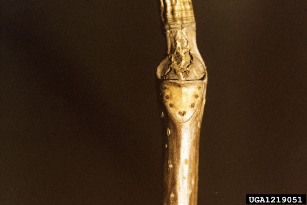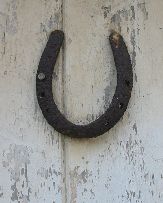Glossary
Abiotic - Non-living.
Allelopathy - The production of chemicals that alter the
ability of contacting organisms to grow, survive, and/or reproduce.
Biliary Disease - Any disease which affects the normal functioning
of organs and/or ducts which produce and/or transport bile.
Biological hotspot - A geographical location which
contains a significant amount of biodiversity that is in danger of
destruction.
Biotic - Living.
Chronic venous insufficiency - A syndrome which symptoms include
dysfunctional veins in the legs. This can cause pain and edema.
Chloroplasts - An organelle in which photosynthesis takes place.
Cytokinesis - Division of the cytoplast during cellular
reproduction.
Eczema - Irritation of the skin due to inflammation.
Embryo - Offspring before birth/hatching.
Endemic - An organism native and/or confined to a
specific geographical region.
Enlarged Prostate Gland - The prostate gland is an exocrine
gland that is found in the reproductive system of male mammals. Enlargement
is often associated with pain during urination.
Epidermis - The outermost tissue layer.
Gametophyte - The gamete producing part of an organism.
Girth - The width of the and branches.
Hemorrhoids - A condition where the veins in your anus and
lower rectum become inflamed.
Leaf scar - The mark left on the stem when a leaf drops.
Pancreatitis - Inflammation of the pancreas. The pancreas
is an organ that serves as part of the digestive and endocrine system of
most vertebrates.
Procambium - The layer of a tree that produces primary
xylem and phloem.
Symplastic route - The living portion of the plant.
Varicose veins - Irregularities in veins in the lower
extremities caused by faulty valves. Often associated with chronic venous
insufficiency.
If you would like to learn more terms surrounding a different organism visit
the
Moose.

